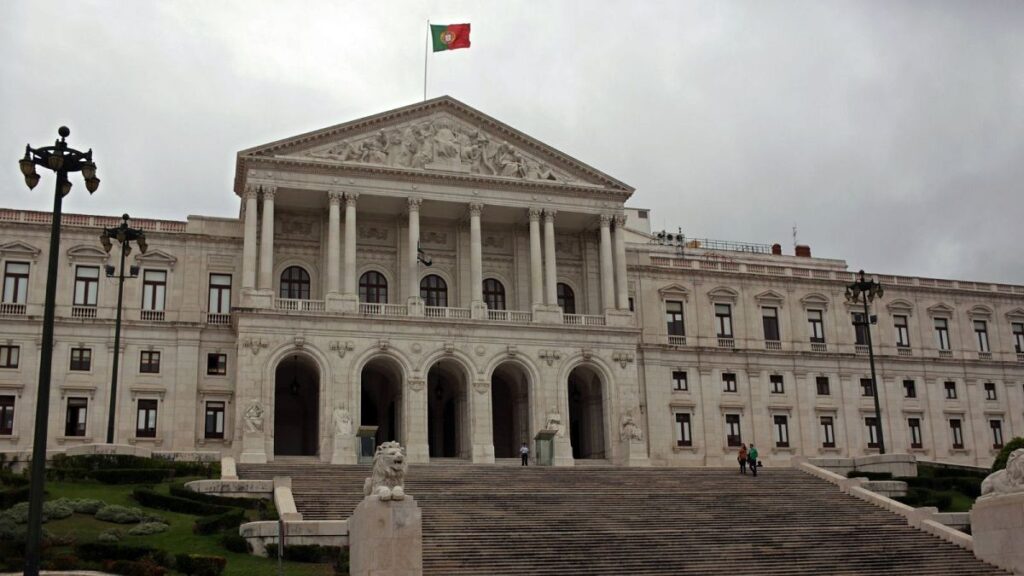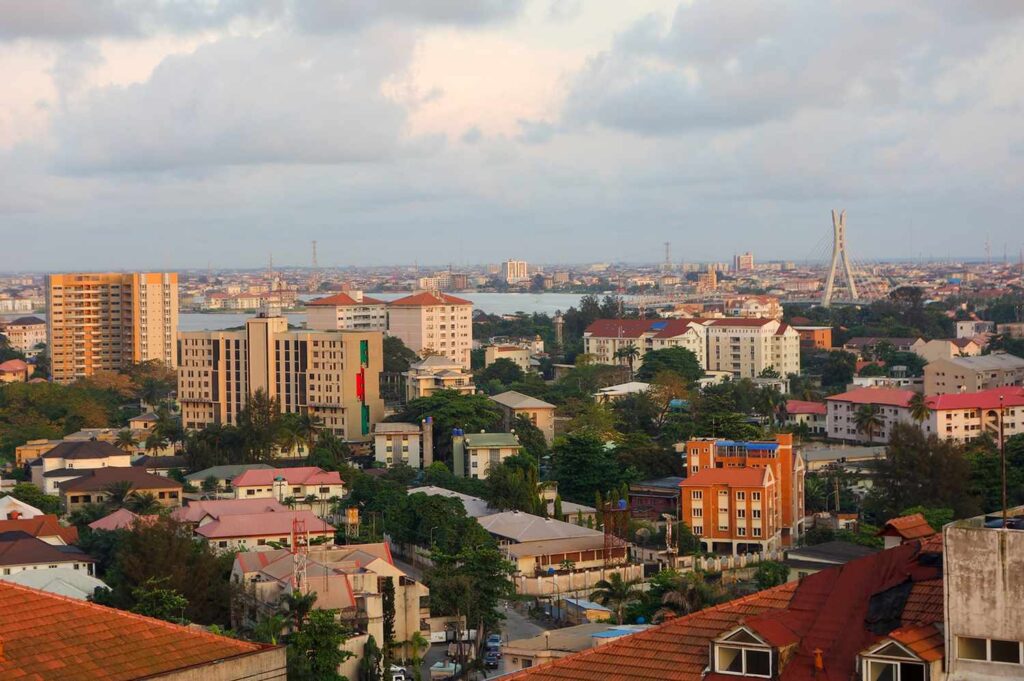Under the new proposal, the current four-month fully paid leave could be extended to six months, and five-month leave at 80% pay could increase to seven months.
A proposal for extending fully paid parental leave in Portugal to six months is currently under parliamentary review but will not be approved by the end of this year as although the measure was sent for specialized discussion, a final vote date has yet to be scheduled.
The Portuguese Parliament recently approved an extension of initial parental leave benefits. Under this proposal, the current four-month fully paid leave could be extended to six months, and the five-month leave at 80% pay could increase to seven months.
While the proposal has received preliminary approval, it still requires further discussion by the Labour and Pensions Committee. With the ongoing debate over the State Budget, it’s unlikely that the proposal will pass this year.
The ruling parties, PSD and CDS-PP, voted against the proposal, arguing that it should be addressed through social consultation. Opposition parties, however, highlighted the importance of supporting newborn care and encouraging higher birth rates.
“This measure is very important for helping parents be present in the early stages of their child’s life, though I wouldn’t say it directly promotes higher birth rates,” says Maria João Valente Rosa, a demographer and professor at the Faculty of Social and Human Sciences at Universidade Nova de Lisboa.
She noted that immediate increases in birth rates would likely require immigration, as birth rates have dropped 60% over six decades, from 217,000 births in 1964 to 85,000 in 2023.
The measure is seen as a valuable aid for balancing work and family life, rather than a direct solution to Portugal’s declining birth rate.
Daniela Costa, a mother of two currently on leave at 80% of her salary, explained, “I spent two months working part-time, then a month fully dedicated to my daughters, and now I’ll return part-time again. This flexibility is beneficial, especially for women, as it allows us to return to work without resuming demanding schedules.”
Although Daniela may not benefit from this extension, future parents would be able to spend more time with their children while minimizing the impact on household finances. “I think it’s essential to offer support to both mothers and fathers so they can spend more time with their young children when they need it most,” she added.
The proposal for extended parental leave will continue to be discussed in the parliamentary committee.
However, it is not included in the 2025 State Budget, with the government warning that the proposed changes would add 230 million euros in costs, raising total expenditures for parental leave to 630 million euros.


